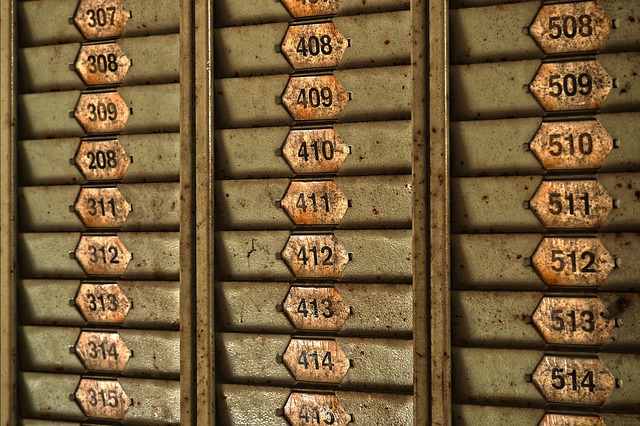
What Is a Credit Score?
Whether you’re applying for a car loan or an apartment, chances are, landlords and lenders alike are scrutinizing one important part of your history: your credit score.
A credit score is a three-digit number, ranging from 300 to 850. The higher the score, the more reliable you are in the eyes of lenders. Your score not only determines whether or not you’ll get approved for credit lines, but also how high or low your interest rates are. In addition, there are three major vendors with different credit information. That means you may have three different credit scores.
With that in mind, if you want to have the best score possible, here are three general things you need to know:
- What Affects Your Score: Five facets of your financial behavior have the biggest impact on your credit score. Your payment history usually constitutes the largest percentage of your score, while the size of your debt is the next largest. The length of your credit history is a smaller percentage of your score, but still important; the longer your credit history, usually, the more favorably it reflects on your score. The types of credit you are using and your pursuit of new credit influences a smaller portion of your score.
- If You’re Happy with Your Score, How Do You Maintain it?: Stay on top of your payment due dates. If possible, pay above the minimum, to avoid incurring more interest and pushing your owed balance to sizes you might not be able to afford! Ideally, you want to only incur as much credit card debt as you can afford to pay off each month.
- How to Improve Your Score: Reduce the overall balance of your debt, and watch your credit score increase. If you create a goal to make monthly payments that are well above the minimum, and also set your credit cards aside, your discipline and responsible spending will give your score a welcome boost.
To learn more ways to improve your financial life, visit the Syncis blog at https://www.syncis.com/blog/.



